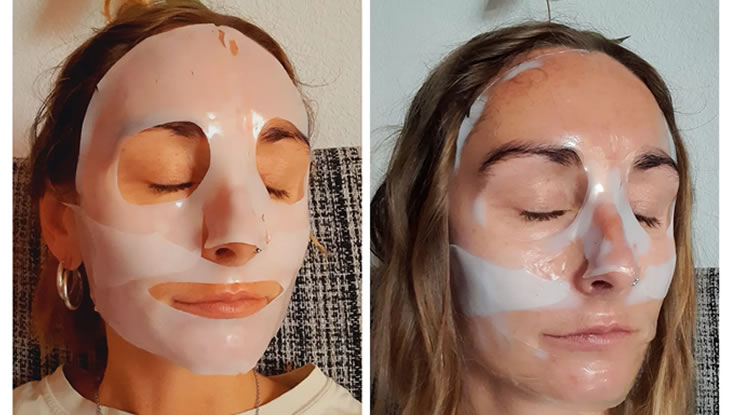Workplace trauma is a reality for many, but Black women often experience it in unique and compounded ways. From microaggressions to systemic discrimination, the challenges faced in professional settings can take a toll on mental, emotional, and physical well-being. This article delves into the forms of workplace trauma Black women face and provides actionable strategies for overcoming these challenges.
Understanding Workplace Trauma for Black Women
Workplace trauma isn’t just about overt discrimination; it’s often subtle, persistent, and deeply embedded in workplace culture. Here are some common forms of trauma Black women encounter:
- Microaggressions: Daily slights and comments that undermine their competence or identity.
- Tokenism: Being the only Black woman in the room, leads to heightened scrutiny and isolation.
- Bias in Opportunities: Facing barriers in promotions, leadership roles, and fair pay.
- Emotional Labor: Constantly managing perceptions and addressing diversity-related issues.
- Lack of Support: Limited access to mentors or sponsors who understand their unique challenges.
The Impact of Workplace Trauma
The cumulative effects of workplace trauma can manifest in various ways:
- Mental Health Issues: Increased anxiety, depression, and feelings of burnout.
- Physical Health Problems: Chronic stress can lead to high blood pressure, insomnia, and other conditions.
- Reduced Job Satisfaction: Feeling undervalued and unsupported can impact performance and career growth.
- Decreased Confidence: Constant questioning of one’s worth and abilities can erode self-esteem.
Strategies for Overcoming Workplace Trauma
While systemic change is necessary, there are ways Black women can navigate and heal from workplace trauma:
1. Build a Support Network
- Connect with Allies: Seek out colleagues, mentors, or affinity groups who can offer guidance and solidarity.
- Join Professional Networks: Organizations like Black Women’s Network or Lean In Circles provide resources and community.
2. Prioritize Mental Health
- Therapy and Counseling: Speak with therapists who specialize in workplace trauma or racial identity.
- Self-Care Practices: Incorporate mindfulness, meditation, and exercise into your daily routine.
- Set Boundaries: Protect your time and energy by saying no to tasks that don’t align with your goals.
3. Document and Advocate
- Keep Records: Document incidents of bias or microaggressions to build a case if needed.
- Speak Up: Address issues professionally and confidently, whether with HR or leadership.
- Know Your Rights: Familiarize yourself with workplace anti-discrimination policies.
4. Focus on Professional Growth
- Skill Development: Invest in certifications, training, or advanced education.
- Celebrate Wins: Acknowledge and share your accomplishments to build confidence.
- Seek New Opportunities: If a workplace remains toxic, consider exploring environments where your value is recognized.
The Role of Organizations in Addressing Trauma
While individual strategies are essential, organizations must take responsibility for creating inclusive and equitable workplaces:
- Implement Bias Training: Regular workshops to educate employees and leaders.
- Promote Diversity in Leadership: Ensure Black women have representation at all levels.
- Establish Safe Reporting Mechanisms: Encourage employees to report issues without fear of retaliation.
- Recognize Emotional Labor: Acknowledge and address the burden of being a diversity advocate.
The journey to overcoming workplace trauma as a Black woman is challenging but not impossible. By building resilience, seeking support, and advocating for change, Black women can thrive professionally while prioritizing their well-being. At the same time, organizations must step up to create environments where Black women can succeed without facing undue stress or trauma. Together, we can pave the way for workplaces that are inclusive, supportive, and empowering.



















